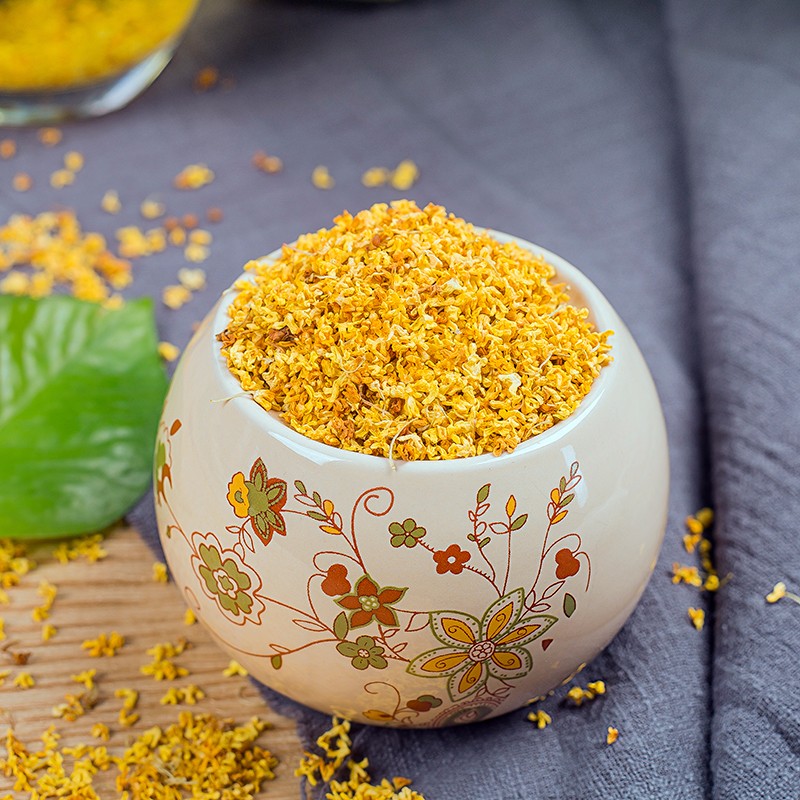Chinese herbal medicine, as a part of traditional Chinese medicine, has shown significant effectiveness in treating specific diseases. However, the use of Chinese herbal medicine is accompanied by a series of dietary taboos to ensure efficacy and prevent adverse reactions. Doctors usually inform patients of these taboos when prescribing medication.
Raw and cold foods, due to their cold nature, are suitable for treating heat syndromes but may affect spleen and stomach function. Especially individuals with deficient constitution or gastrointestinal diseases should avoid consumption. For example, although white radish has various health benefits, it should not be consumed simultaneously with tonics like ginseng to avoid impacting the efficacy of the medication.
Greasy foods are hard to digest, can burden the spleen and stomach, and should be limited for patients with conditions like colds, jaundice, or diarrhea. Moreover, these foods can easily lead to excessive internal heat, which is unfavorable for gastrointestinal disorders.
Fish, a common dietary taboo, is mainly avoided due to its cold nature and potential for allergic reactions, particularly by those sensitive or with poor spleen and stomach function.
Spicy foods, although helpful in dispelling cold and invigorating the stomach, are not suitable for individuals with heat conditions, bleeding disorders, or certain skin diseases. For instance, in cases of a heaty cold accompanied by symptoms like dry mouth and constipation, consuming spicy foods like chili may worsen the condition.
Provocative foods such as mushrooms, bamboo shoots, and roosters may trigger or exacerbate certain diseases. Specific patients such as those with excessive liver-yang or skin diseases need to strictly avoid these foods.
Sour and astringent foods containing tannins may interact with ingredients in medications, affecting drug absorption. Particularly, individuals with excessive stomach acid or gastrointestinal ulcers should avoid such foods.
Regarding the simultaneous use of Chinese and Western medicines, it is generally recommended to have at least a 30-minute interval between the intake of these medications to reduce interactions. Especially for chronic disease patients relying on combined therapies, attention to the timing of medication intake is crucial to prevent counteractive effects or excessive accumulation leading to side effects.
It is worth noting that the timing of medication intake should consider the biological rhythms of drugs in the body. Proper timing of medication intake can enhance therapeutic effects and minimize adverse reactions.
Additionally, correct decoction of Chinese herbal medicine and avoiding the use of overnight herbal solutions are equally important. It is recommended to use clay decoction pots or sand pots to minimize potential reactions with the active ingredients of the medicine. Moreover, caution should be exercised when using folk remedies, as remedies not confirmed by professional physicians may pose risks.
In conclusion, during Chinese herbal medicine treatment, understanding and adhering to dietary and medication taboos are crucial for ensuring treatment efficacy and patient safety. Proper dietary planning and following medical advice are essential keys to promoting recovery when facing diseases and undergoing Chinese herbal treatment.


